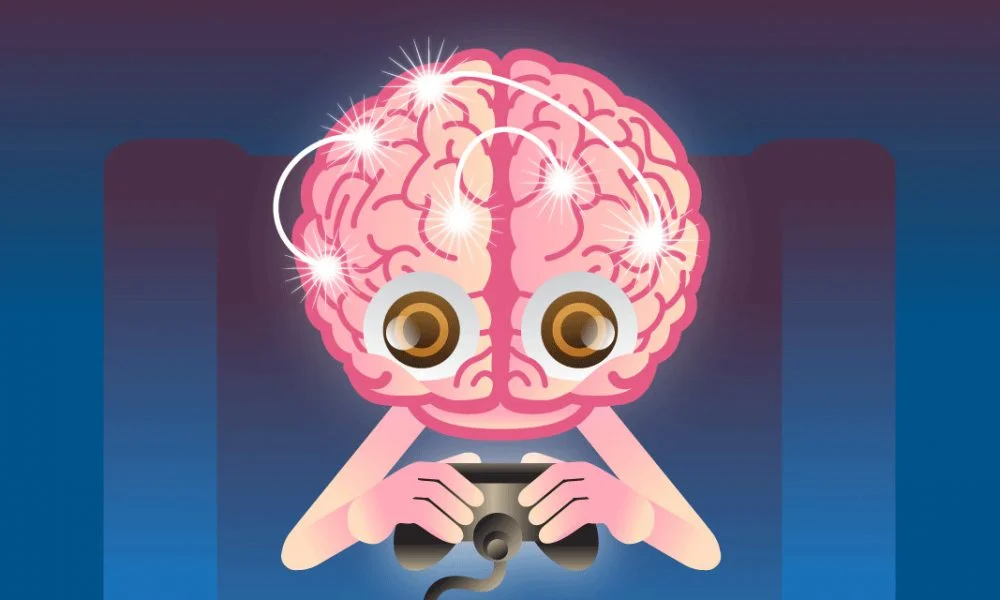Throughout the years, gaming has evolved. Games before were simple 8bit single-player games that has a simple objective and premise. Now, it has evolved into various categories reeling in different kinds of people that fits their taste. Now the main question for this blog is, Is Gaming Good For You? Well it depends on certain ways, for example if you play for the sake of burning time then it is fine. Or if you’re just playing a single-player game to enjoy it’s story.
The Problem
However, problems will rise if signs that you are no longer playing a game just for fun. But it becomes more of an addiction to certain people and may cause issues in their personal life.
Benefits
Immersion and Enjoyment: Gaming offers a fun escape from reality, allowing you to immerse yourself in captivating worlds and stories. It can provide a sense of joy and accomplishment as you progress through challenges.
Social Connection and Community: Multiplayer games can foster friendships and build bonds with others who share similar interests. The feeling of camaraderie and teamwork can be particularly rewarding.
Stress Relief and Relaxation: In theory, gaming can provide a way to unwind and de-stress after a long day. Engaging gameplay can offer a temporary distraction from daily pressures.
Skill Development and Mastery: While not necessarily “real-world” skills, honing your abilities in competitive games can be a source of satisfaction and a testament to your dedication and strategic thinking.
Cons
Loss of Control and Time Management: Gaming can be highly engaging, leading to difficulty sticking to pre-determined time limits. This can result in neglecting other responsibilities and impacting your overall schedule.
Sleep Deprivation and Health Issues: Late-night gaming sessions can disrupt your sleep cycle, leading to fatigue and impacting your physical and mental well-being.
Negative Emotions and Frustration: While some games promote relaxation, FPS and TPS genres can be particularly stimulating and lead to feelings of anger or frustration, potentially impacting your mood.
Diminished Productivity and Focus: Excessive gaming can hinder your ability to concentrate on work, studies, or other important tasks. The lingering effects of gameplay might make it difficult to focus on other areas of life.
Existential Questions and Regret: Extended gaming sessions can leave you with a sense of emptiness or a feeling of wasted time, questioning the value of the activity compared to other pursuits.
Conclusion
Gaming’s effect on you isn’t a simple yes or no answer. Gaming itself can offer advantages, like building social connections, providing relaxation, and even helping develop strategic skills. However, if gaming becomes excessive, it can have negative consequences. This might include disrupted sleep patterns, a decline in productivity, and even feelings of regret or emptiness after playing.
The key is finding balance. By being aware of your gaming habits and setting limits, you can experience the positive sides of gaming without sacrificing other parts of your life.
The decision is yours. If you find gaming enhances your life, that’s great! But if it becomes a source of stress, sleep deprivation, or neglected responsibilities, it might be time to adjust your approach.
Ultimately, the impact of gaming depends on the individual. If you’re honest with yourself and prioritize a balanced lifestyle, you can determine whether gaming plays a positive role in your life.

